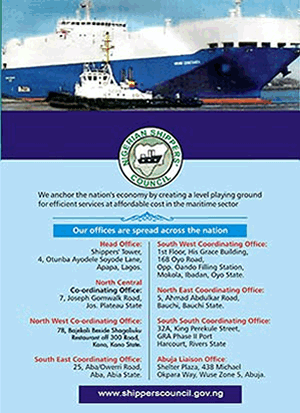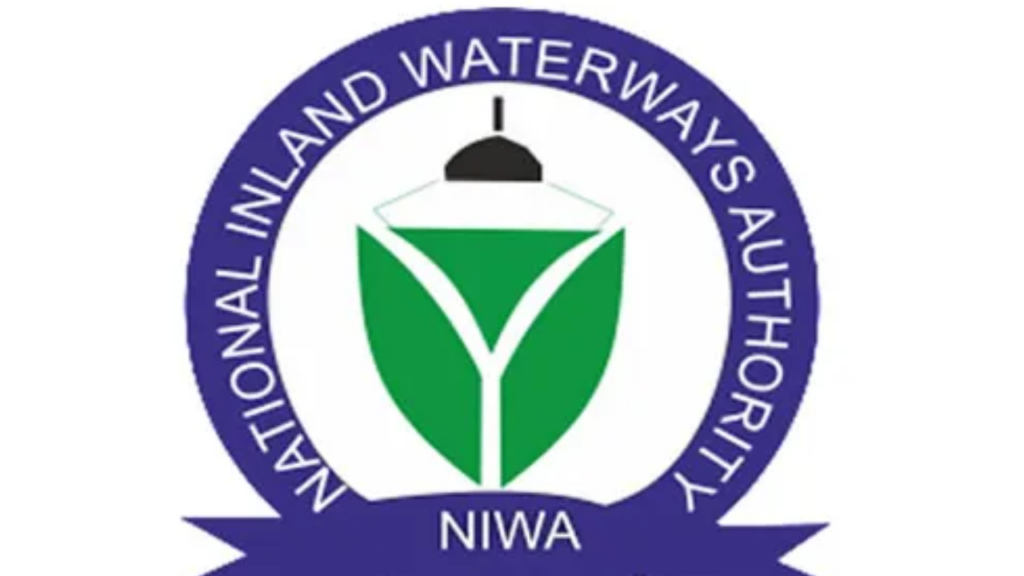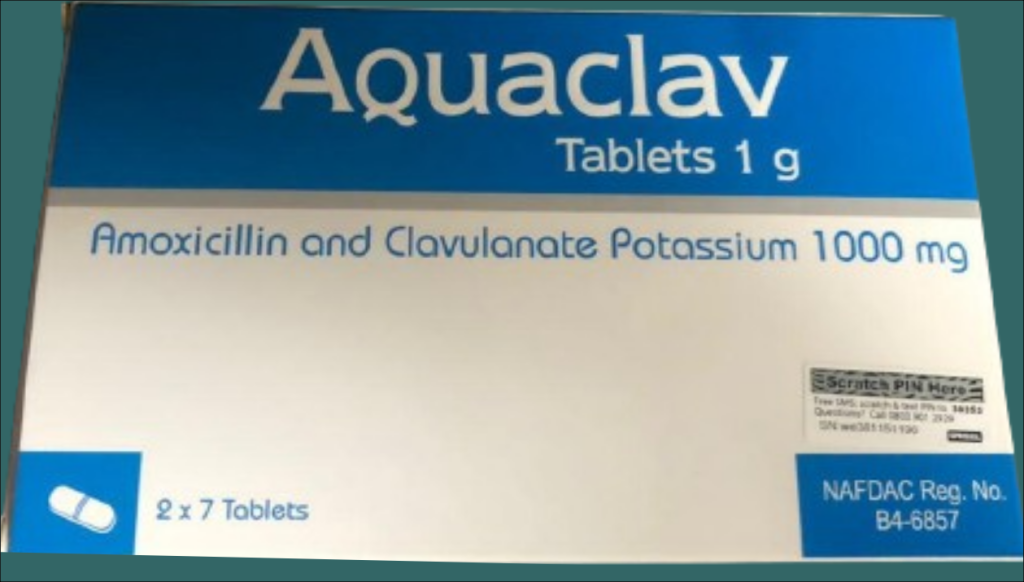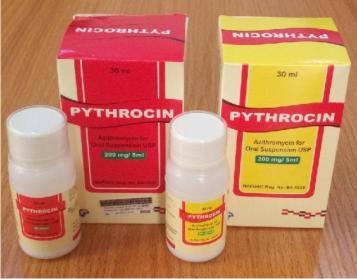•Over 153m Nigerians living in poverty, govt interventions not working – Economists


BY GODWIN OBI AND CHIGOZIE EZEH
The federal government of Nigeria has made budgetary allocations of N2.38trillion to fight poverty in the country within the past five years, and has also spent trillions of Naira to tackle the menace.
Despite the huge spending, there is a disconnect between government’s spending on social investment programmes and the pervasive poverty in the country.
While the federal government has estimated that 63 per cent of the country’s population, which is about 133 million now live in poverty, financial experts believe the figure is more.
A financial expert that spoke with Frontline Reporters noted that according to the World Bank and other multilateral agencies, over 153 million people in the country live in poverty.
Frontline gathered that in recent times, escalating prices of essentials and rising cost of living occasioned by high inflation have eroded the purchasing powers of Nigerians.
As a result of the country’s rising poverty level, the government is facing mounting pressure to re-evaluate its strategies and ensure that the trillions of naira allocated for poverty alleviation are utilised effectively such that the palliatives can reach the people that are in need.
The total budgetary allocation to the Ministry of Humanitarian Affairs, Disaster Management and Poverty Alleviation from 2020 to 2024, which is a period of five years, is N2.38 trillion.
A breakdown of the allocations showed that in 2020, the ministry got N453.3billion; in 2021, it got N456.1billion; in 2022, the amount was N507.9billion; while in 2023 and 2024, it was N426 billion and N532.5billion respectively.
It was gathered that despite the huge spending, 63 per cent of the country’s population, or 133 million people, are now living in poverty.
The staggering figures were revealed by Princess Adejoke Orelope-Adefulire, Senior Special Assistant to the President on Sustainable Development Goals (SDGs), who noted that poverty levels vary significantly across Nigeria’s states and regions, with the north bearing the brunt.
“Multidimensional poverty is higher in rural areas, and 65 per cent of poor people live in the north, while 35 per cent live in the south,” Orelope-Adefulire stated, citing recent reports from the National Bureau of Statistics (NBS).
The available data from the NBS paints a bleak picture, with the 10 poorest states – led by Sokoto, Bayelsa, Gombe, Jigawa, and Plateau – collectively accounting for 33.08 per cent of Nigeria’s total poor population. The states have poverty rates ranging from 78 per cent to 90.5 per cent.
Recent scandals in the Ministry of Humanitarian Affairs, Disaster Management and Poverty Alleviation, including the alleged embezzlement of N44.8 billion from the National Social Investment Programme (NSIP) from which the Economic and Financial Crimes Commission recovered N38.8billion, alleged N37.1 billion fraud perpetrated through a contractor, spending of N500 million on feeding school children in two states and Abuja during COVID-19 lockdown, transfer of N585.2 million into the private bank account, and approval of N3.1million for flight tickets and airport taxis to Kogi State which has no airport, have also added to the public’s skepticism.
The NSIP, since its launch in 2016, was touted as the government’s flagship initiative to tackle poverty and empower the nation’s youth.
The NSIP comprises six major components, including the National Home Grown School Feeding Programme (NHGSFP), the Government Enterprise and Empowerment Programme (GEEP), and the Conditional Cash Transfer (CCT) scheme.
The federal government allocated a staggering N400 Billion to the NSIP annually.
Under the NHGSFP alone, the government claimed to have spent N999 million in 2021 to provide daily meals for 10 million primary school pupils across the country. This included the provision of 594 cattle, 138,000 chickens, 6.8 million eggs, and 83 metric tons of fish on a weekly basis.
The government claimed it is spending about N12 billion monthly on the NHGSFP.
The government has also touted the success of its GEEP initiative, which provided incremental loans of between N10,000 and N300,000 to around 2.3 million beneficiaries, who are traders, artisans, enterprising youth, agricultural workers and other micro-service providers; under its flagship programmes – TraderMoni, MarketMoni and FarmerMoni, over the period of four years.
Yet, the poverty crisis suggests that the steps so far taken by the government fall short of the needs of the people. It also suggests that the government’s approach to tackling poverty leaves much to be desired. A wide range of allegations of mismanagement of funds could also have undermined any progress that could have been made.
In the same vein, the government claimed it spent N8 million everyday on 114,261 pupils, benefiting from the NHGSFP in Enugu State alone in 2021. Additionally, the government said it disbursed N20,000 each to 2,900 women in the Federal Capital Territory, which amounted to N58million, under the National Cash Transfer for Vulnerable Groups, in 2022.
In a bid to cushion the effect of subsidy removal on Premium Motor Spirit (PMS), President Bola Tinubu’s cash transfer programme, which was aimed at providing N25,000 each to 15 million households for three months, is estimated to cost N375 billion per month, a total of N1.125 trillion in three months, which is nearly half the government’s annual budget for poverty alleviation.

What economists say
Muda Yusuf, CEO, Centre for the Promotion of Private Enterprise, said the hand-outs by the government in the form of social intervention is not sustainable. He argued that the claim that the Ministry of Humanitarian Affairs has spent N2.3 trillion in the last five years is just a tip of the iceberg when compared to the number of people within the poverty net.
Yusuf, a former Director General of the Lagos Chamber of Commerce and Industry, added that what is most critical is for the government to create a structural environment for people to be able to be more productive, especially for SMEs, entrepreneurs and those in the agriculture sector to be able to excel. He said the bulk of the poverty challenge is in the rural areas, adding that because they can no longer engage in their primary occupation which is farming due to insecurity, their living conditions have worsened.
“Empowering these people through a properly structured programme will empower them better than giving them bags of rice, noodles and other forms of support that cannot tackle the actual poverty,” Yusuf said. He recommends that government should address issues around macroeconomic management by ensuring that the little that people earn has value, lamenting the deep impact of inflation in the country on the people.
Paul Alaje, Chief Economist at SPM professionals, said the strategy of the government to tackle poverty through social investment of N400 billion annually would only end up in sustaining people in poverty.
To escape poverty, he said the average earning should be about $2.15 a day which translates to N100,000 in a month.
He expressed concern that federal and state governments are not even paying their workers up to that, thereby sustaining poverty.N The economist also faulted the 133 million figure quoted by the President’s Special Assistant on SDG, saying those numbers are multidimensional poverty data for 2021 which considered some major parameters which included; access to basic education, poor access to primary healthcare, poor access to sanitation and quality of life.
Alaje emphasized that things are worse off today for citizens due to subsidy removal and the floating of the naira, pointing out that the current figures of people living with poverty in Nigeria according to the World Bank and other multilateral agencies is over 153 million people.
Similarly, Gbenga Badejo, Managing Partner, GBC Professional Services, argued that cash transfer models are clearly not sustainable because poverty is multidimensional.
“While it takes time for some projects to materialise and provide continuous gainful employment, in the interim, the vulnerable must at least be able to feed. Considering the level of banditry and insurgency in some parts of Nigeria, heavy budget deployment may be inevitable.”
He regretted that the lack of transparency, accountability, and non-existence of value for money independent audit makes it difficult if not impossible to justify government expenditures.
ADVERTISEMENTS










Pythrocin distributed by Pinnacle Health Pharmaceuticals Ltd






